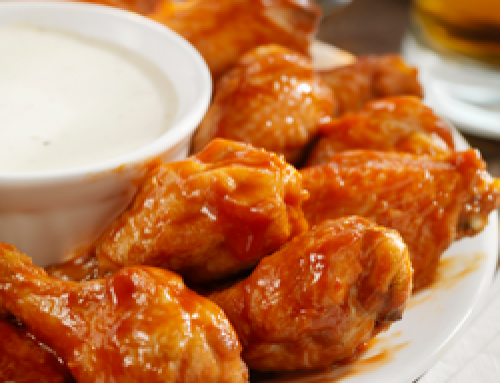By Rhonda Brooks, Farm Journal
The massive derecho that swept across parts of five Midwest states in August 2020 spawned 125 mph-plus straight-line winds, torrential rain and large hail. In the process, the storm damaged millions of crop acres, including 550,000 acres of Iowa corn USDA deemed were not harvestable.
“As you drove around this area, the only corn that was standing happened to be short-stature hybrid corn,” recalls Sean Blomgren, a farmer and owner of Blomgren Seed based in central Iowa, near Boone. “We seem to be in an area prone to high wind pressure, so there’s certainly some peace of mind with using this technology.”
Compact corn hybrids appear to take winds 50 mph, and sometimes higher, in stride with little greensnap or lodging resulting. However, yield performance across the seed industry hasn’t been as consistent, and technology providers are working to change that.
Blomgren says the performance he’s seen from short-stature corn varieties has been comparable to standard-sized hybrids. In 2023, he and two customers grew three hybrids that are part of the Bayer Preceon Smart Corn System hybrid lineup. Yield results ranged from the low 250s per acre to nearly 300 bu. per acre, all dryland production.
“I would say the short-stature corn both met and exceeded our expectations,” reports Blomgren, who grew 85 acres of the corn. “It was at or near the top of each farm’s corn yields, which is really encouraging.”
On Different Paths
Along with Bayer, Corteva AgriScience and Iowa-based Stine Seed Company are working in the shorter corn arena, but the companies have taken different paths to developing the technology.
Bayer anticipates its current short-stature hybrid lineup, which has been conventionally bred, will be grown commercially on up to 40,000 Midwest acres this year. The hybrids feature a native trait that shortens the internodes below the corn ear, resulting in more compact plants, according to Eric Blinka, technology development representative for Bayer. He says the company is also developing genetically modified short-stature hybrids, which it plans to market more broadly later this decade.Smart-Farming-Short-Stature-Corn-4
Corteva is evaluating multiple approaches in its research efforts to develop what it calls reduced stature corn. Researchers there have invested more than a decade in evaluating traits to develop shorter, stronger corn plants with increased yield potential, according to Cory Christensen, corn pipeline development leader for the company.
Corteva will have research field trials of reduced stature hybrids in place this summer for farmers to evaluate and the company anticipates commercial release of some native trait reduced stature hybrids mid-decade.
To read entire report, Click Here




